Where do UK political parties stand on drug policy and legalising marijuana?
Is it time to make drugs legal in the UK?
After the Liberal Democrats' pledge to legalise marijuana has been described as the most radical drugs policy ever put forward by a British political party, the spotlight is on the major party contenders to reconsider their approach towards drug policy in the UK.
In a 2016 YouGov poll, 27% of the people surveyed admitted to having taken illegal drugs at some point in their lives. 87% of respondents said marijuana should be legalised if it has positive medical effects.
With a 2015 ONS report stating that the mortality rate for illegal drug use is at an all time high, political parties are being encouraged to interrogate their policies on narcotic substances.
Whether the parties intend to decriminalise all like European neighbour Portugal, or to take inspiration from the Dutch model and simply legalise marijuana, the UK's political parties are being splintered by the battle to win the war on drugs.
The Labour Party
Corbyn's backing of the legalisation of medical marijuana during the 2016 leadership debates was heralded as "common sense" by expert former chief drugs advisor David Nutt.
The Labour leader also said that he would "look at supporting people who want to get out of the drugs trade in other parts of the world," and "the horrors of the drugs war that's going on in Central America, and the very large numbers of people who have died as a result of it."
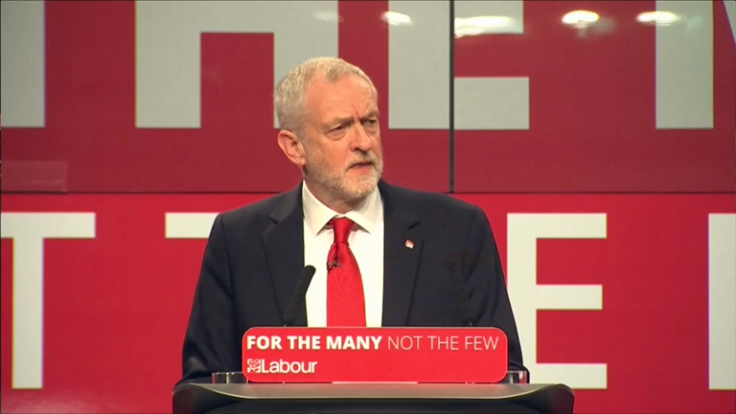
But in a recent Buzzfeed report analysing the Liberal Democrat's new take on legalising marijuana, a Labour Party spokesperson confirmed that the party "remains strongly opposed to the legalisation of cannabis."
The party said that they want to provide funds to help reduce drug usage, and plan to mitigate the "overall harm" of narcotic addiction.
The Conservative Party
When the Home Office produced a report on rethinking drugs policy back in 2014, the document itself was created against then home secretary Theresa May's wishes.
Former Liberal Democrat leader Nick Clegg said that May went as far as to attempt to doctor a drug report because she didn't like its conclusions. A Conservative source described his 2016 remarks as a "desperate attempt by Nick Clegg to make himself relevant."
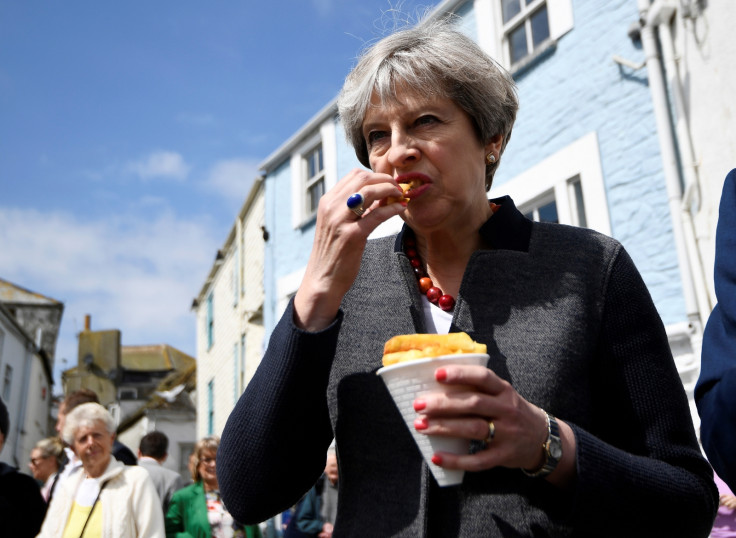
David Nutt, the former government drugs advisor who was sacked in 2009 after describing ecstasy as no more dangerous than horse riding, said that May's religious views could get in the way of her pragmatically reviewing drug policy.
"She has a religious, what you might call an extremist, position about drugs," said the Professor to the Huffington Post.
The Home Office responded that its approach on drugs remained focussed on preventing drug use in communities. The priority, said the officials, should be focused on treatment and recovery.
The Green Party
Since they formed in 1990, The Green Party have advocated for the decriminalisation of marijuana.
"Cannabis would be removed from the 1971 Misuse of Drugs Act," says the party's policy document.
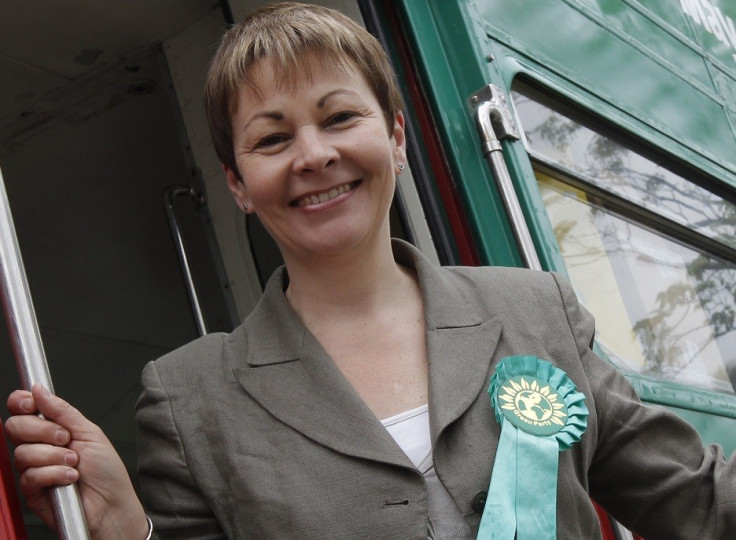
"The possession, trade and cultivation of cannabis would be immediately decriminalised, roughly following the Dutch model," says the party.
The party also say that regulations would be brought forward removing criminal sanctions for simple possession of controlled drugs for personal use, and would advocate counselling and drugs education within schools to tackle usage.
The Liberal Democrats
In an interview with Buzzfeed News, Liberal Democrat Cambridge candidate Julian Huppert declared that the Lib Dems will pledge to legalise cannabis.
Marijuana would be available in high street shops, but would be strictly legalised for those aged 18 and over.
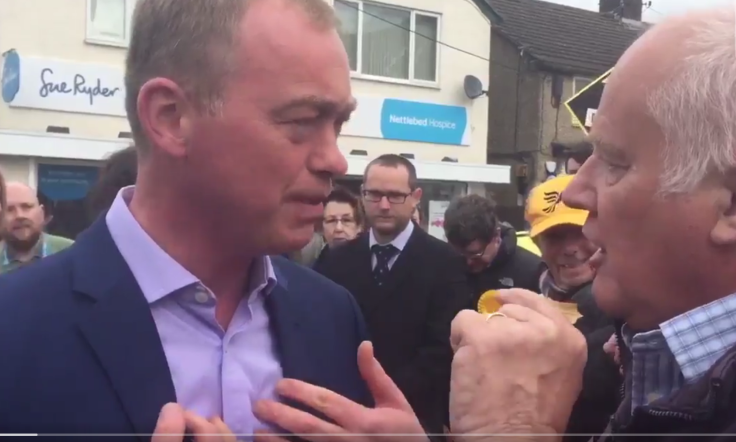
The party believe that the decriminalisation of the plant could generate £1bn worth of revenue for the UK economy, which would generate enough income to support other key areas of social policy.
"The prohibitionist approach costs a huge amount of money, means we criminalise a large amount of people, and increases the harm. We spend a lot of money making people's lives worse. That cannot be correct," said Huppert.
Ukip
When Nigel Farage said that he had never taken drugs but would strongly advocate their decriminalisation, he embodied the party's confused libertarian line on drug policy.
In the 2015 election, the party's manifesto declared that they would not be taking the same decriminalisation line that Farage touted, but instead would focus on punishing suppliers rather than users.
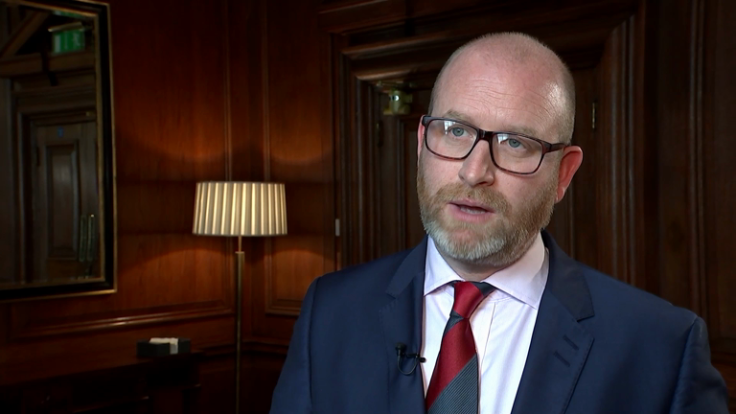
And although Paul Nuttal's Ukip is being described as a gateway drug themselves, the leader has not spoken out about drug policy since he became leader.
He estimated that cannabis sales could raise up to £1bn ($1.3bn) a year in tax and would reduce the burden on prisons, the police and the NHS."
© Copyright IBTimes 2025. All rights reserved.






















